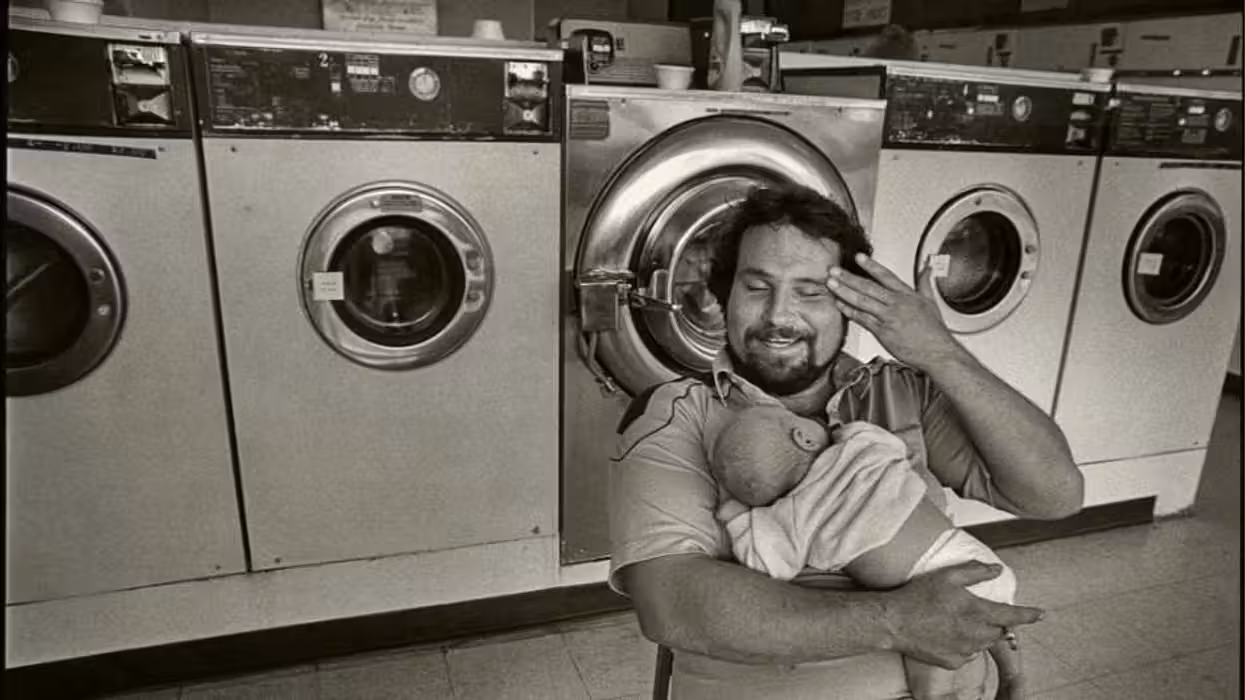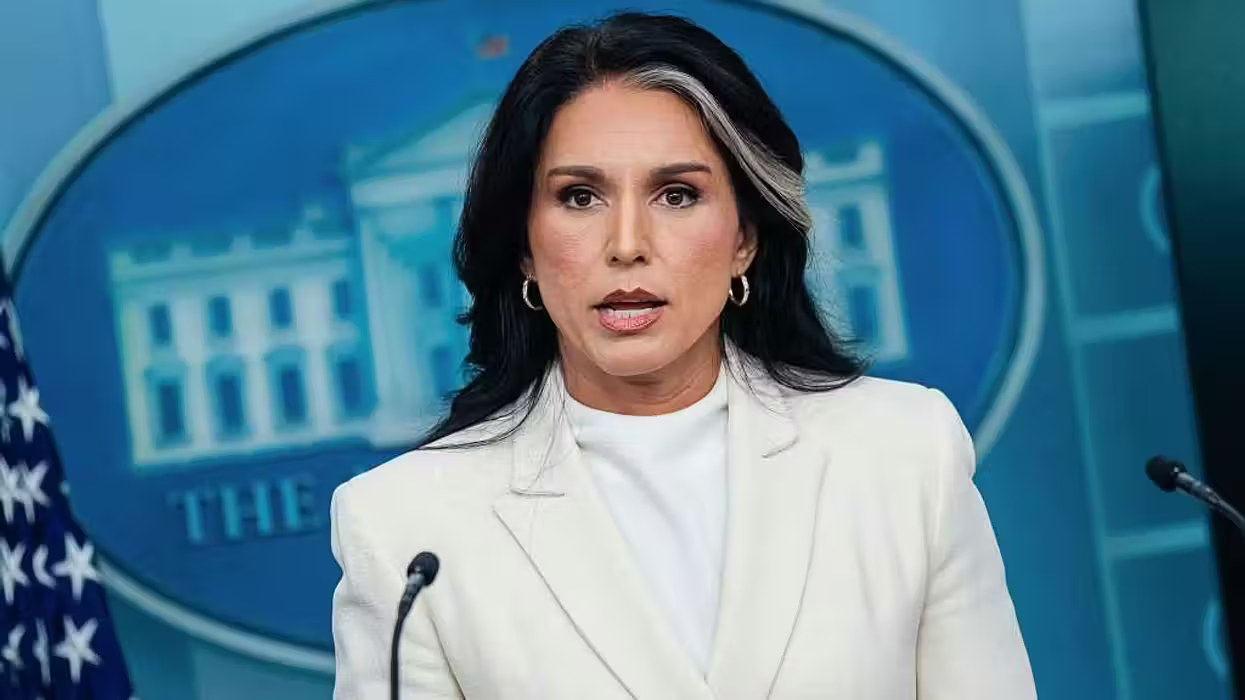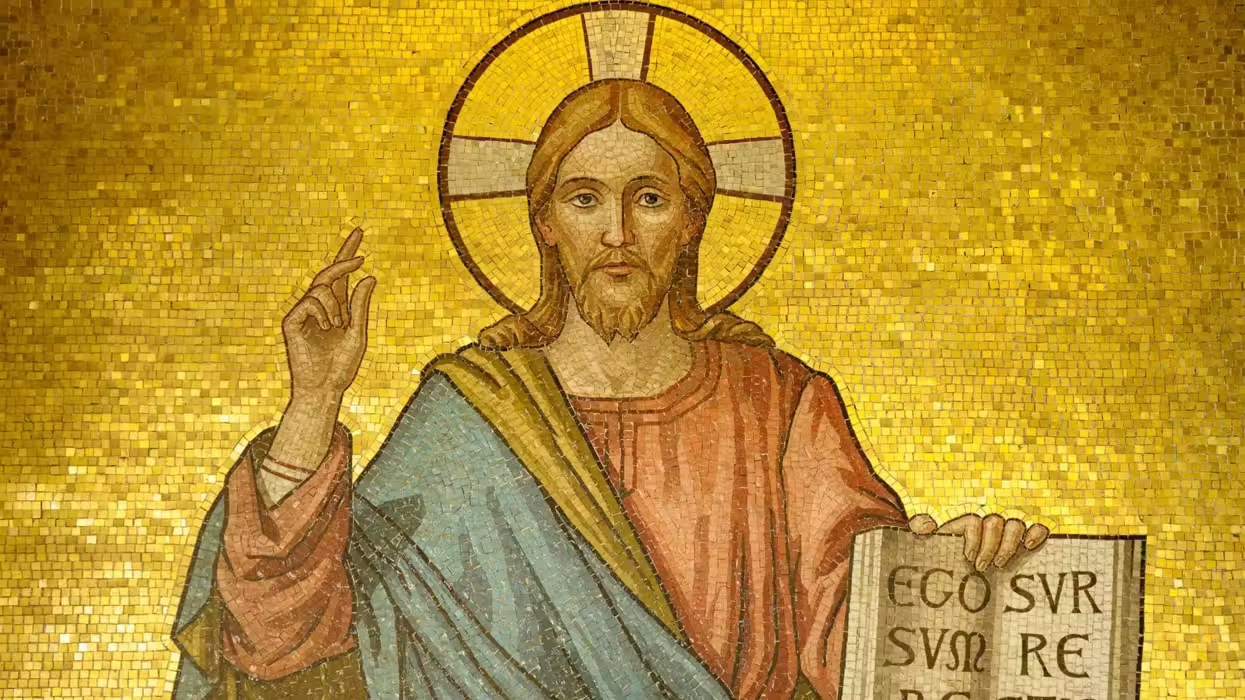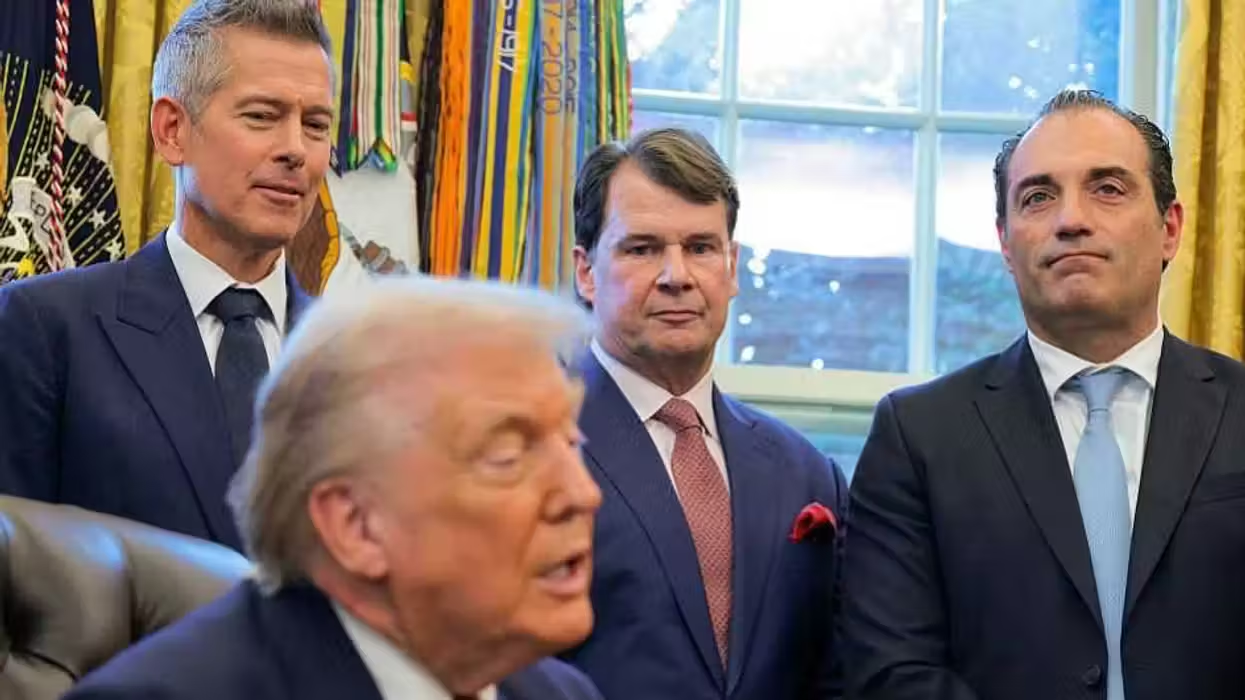
© 2025 Blaze Media LLC. All rights reserved.
Australia May Pay Camel Killers in an Effort to Combat...Climate Change?
June 09, 2011
Each camel belches an estimated 100 pounds (45 kilograms) of methane a year.
 CANBERRA, Australia (The Blaze/AP) — Kill a camel, earn cash for cutting greenhouse gases: That offer may be coming soon in Australia, where vast numbers of the nonnative, methane-belching animals have been trampling the Outback for more than a century.
CANBERRA, Australia (The Blaze/AP) — Kill a camel, earn cash for cutting greenhouse gases: That offer may be coming soon in Australia, where vast numbers of the nonnative, methane-belching animals have been trampling the Outback for more than a century.
The government has proposed that killing camels be officially registered as a means of reducing greenhouse gas emissions. Australia has the world's largest population of wild camels — an estimated 1.2 million — and considers them to be a growing environmental problem.
The proposal, released for public comment this week, would allow sharpshooters to earn so-called carbon credits for slaughtering camels. Industrial polluters around the world could buy the credits to offset their own carbon emissions.
Each camel belches an estimated 100 pounds (45 kilograms) of methane a year, which is equivalent to a metric ton (1.1 U.S. ton) of carbon dioxide in its impact on global warming. That's roughly one-sixth the amount of CO2 that the U.S. Environmental Protection Agency says an average car produces annually.
A bill to create a carbon credit regime will go to a vote in the House of Representatives on Wednesday and is expected to become law within weeks.
A government registry will be set up to determine what actions will qualify for carbon credits, and bureaucrats are expected to decide by the end of the year whether killing camels will be among them.
Mark Dreyfus, the government's parliamentary secretary for climate change, said he hopes the proposal wipes out camels from the Australian wild.
"Potentially it has tremendous merit, because feral camels are a dreadful menace across the whole of arid Australia," Dreyfus told The Associated Press on Thursday.
First introduced in the 1840s to help explorers and pioneers travel through Australia's arid interior, camels now cover vast tracts of the continent's parched and sparsely populated center and west.
Camels compete with sheep and cattle for food, trample vegetation and invade remote settlements in search of water, scaring residents as they tear apart bathrooms and rip up water pipes.
The government estimates camel numbers double every nine years, despite recent government-funded culls and a small export meat trade with the Middle East.
"It's not well understood because they're in remote areas of Australia what extraordinary damage this very, very large wild camel population is doing in an economic, environmental and social sense," Dreyfus said.
Under the new environmental law, Dreyfus said, the camels could be slaughtered for their meat as well as carbon credits — adding to the financial return to those who currently herd and kill camels for human and pet food. Shooters in helicopters could also claim carbon credits if they proved that they had humanely killed a camel and abandoned its carcass.
Garry Dan, a central Australian cattle rancher who also catches camels for their meat, described the added carbon credit value for carcasses as "ideal."
He said while camels were freely available in the wild, they are expensive to truck to abattoirs because they are too big for standard cattle trailers.
The carbon trading business Northwest Carbon first pitched carbon credits for camels to the government. Its managing director, Tim Moore, said it was too early to place a dollar value on each dead animal. Watch Moore explain this plan on Bloomberg:
"Obviously the higher the value, the faster we're going to be able to eradicate the problem of the feral camel pest in Australia," Moore said.
Killing camels is one of three proposals currently being considered by the government for carbon credits under the new law. The others would extract methane from landfills and change how Aborigines manage fire in savannah grasslands.
Australia plans to make its worst industrial polluters pay a tax on every ton of carbon gas they produce from July 1, 2012. The government aims to slash Australia's greenhouse emissions to 5 percent below 2000 levels by 2020.
Want to leave a tip?
We answer to you. Help keep our content free of advertisers and big tech censorship by leaving a tip today.
Want to join the conversation?
Already a subscriber?
Billy Hallowell is a digital TV host and interviewer for Faithwire and CBN News and the co-host of CBN’s "Quick Start Podcast."
Billy Hallowell
Billy Hallowell is a digital TV host and interviewer for Faithwire and CBN News and the co-host of CBN’s "Quick Start Podcast."
more stories
Sign up for the Blaze newsletter
By signing up, you agree to our Privacy Policy and Terms of Use, and agree to receive content that may sometimes include advertisements. You may opt out at any time.
Related Content
© 2025 Blaze Media LLC. All rights reserved.
Get the stories that matter most delivered directly to your inbox.
By signing up, you agree to our Privacy Policy and Terms of Use, and agree to receive content that may sometimes include advertisements. You may opt out at any time.






